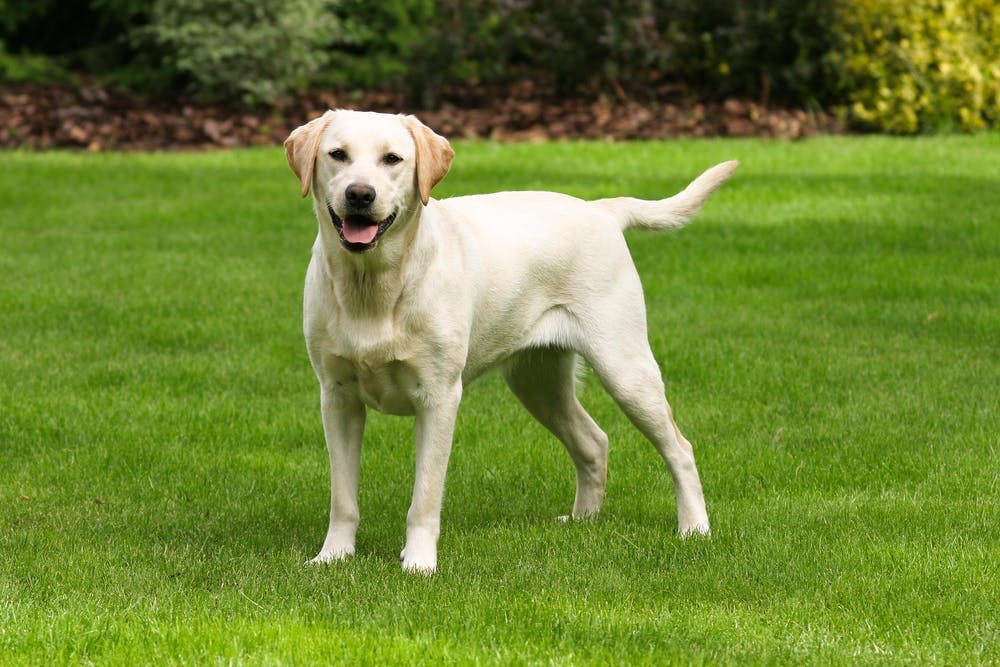Breed Info Summary
Breed Suits: families with children, active lifestyles, companionship
Shedding/Non-Shedding: Moderate to Heavy
Size: Medium to Large
Origin
Labradors, or Labrador Retrievers, originated in Newfoundland, Canada, where they were bred by fishermen and hunters in the early 19th century. Their purpose was to assist in retrieving fish and nets from the cold waters. Labradors gained popularity for their exceptional retrieving abilities and were later imported to England. There, they became renowned as hunting companions and eventually earned recognition as a breed.
Labradors are known for their friendly temperament, intelligence, and versatility in various roles. Today, they are beloved worldwide as guide dogs, therapy dogs, search and rescue dogs, and cherished family pets.
Personality
Labradors have a friendly and outgoing personality that makes them beloved family companions. They are known for their gentle nature, intelligence, and eagerness to please. Labradors form strong bonds with their human family members and often display a patient and tolerant demeanor, especially towards children. They thrive on companionship and enjoy being involved in family activities. Labradors are quick learners and respond well to training due to their intelligence and strong retrieving instincts. Their sociable nature makes them generally friendly towards strangers and other animals, provided they are properly socialised.
Labradors have high energy levels and require regular exercise and mental stimulation. Their playful and active nature makes them well-suited for activities such as fetching, swimming, and participating in canine sports. Overall, Labradors possess a friendly, intelligent, and outgoing personality that makes them excellent companions for families and individuals seeking a loving and versatile canine companion.
Pros and cons to consider
Pros
- Friendly and gentle family companions
- Patient and tolerant with children
- Highly sociable with other animals when properly socialised
- Intelligent and trainable
- Versatile working abilities
- Active and playful
Cons
- Requires regular exercise and mental stimulation
- Moderate to heavy shedding
- Potential for weight gain if not properly managed
- May exhibit destructive behaviours if bored
- Potential for health issues such as dysplasia.


